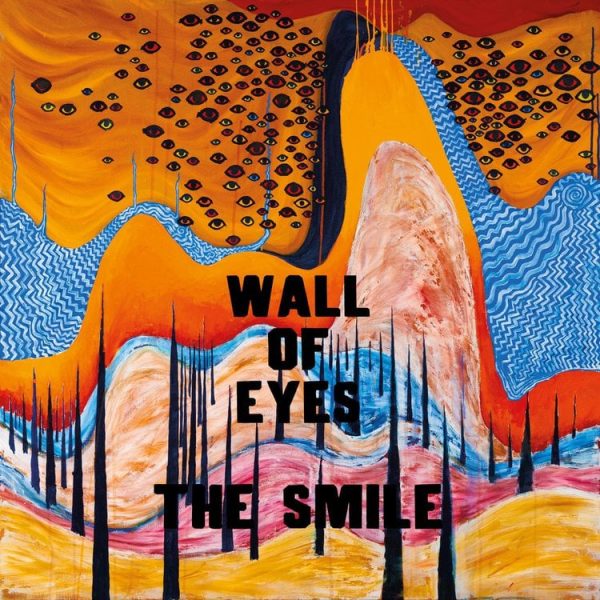The Universe is Our Oyster
With the discovery of water flows on Mars, the science fiction topic of whether we should expand human life into outer space, once again, has been brought up. However, this time, it could be made a reality.
Since the dawn of human existence, we have looked up toward the sky and wondered what lies beyond. It has only been over the past few centuries that we’ve figured out what is actually above. Plus, through the advent of modern technology, humans have been able to travel into outer space. In 1957, the Soviet Union launched the first manmade satellite, Sputnik, into Earth’s orbit. In 1969, the United States put men on the Moon. Truly, some of the greatest developments of human technology have occurred in the last 50 and 60 years. The next step, naturally, is to colonize and extend the human sphere of influence beyond our Earthly confines.
As the human population of Earth has grown, the amount of space available has shrunk. From streets to prisons, from cemeteries to housing, overcrowding has become a problem. Humanity needs some more living space, something outer space can provide. Research from the Proceedings of the National Academy of Sciences suggests there are 11 billion Earth-like planets in the Milky Way galaxy alone—that’s a lot of room to spread our species.
Another benefit of spreading human life into outer space is that it would provide a platform from which further scientific study of the universe can be conducted. The Milky Way galaxy is around 10,000 light years in size, thus, it is important that, if we want to study more of the galaxy, we travel further into the galaxy. This venturing would put scientists in the position to examine and study space firsthand, rather than only from behind a computer’s screen.
The founder of Space Adventures, a business, which takes customers into space, Eric C. Anderson, has mentioned the beneficial options of mining in outer space. In an interview with The Atlantic Monthly, he said, “There’s a huge environmental cost to mining on Earth. But there are lots of strategic materials and metals that we can get in space and that will be necessary for us if we want to create abundance and prosperity generations from now on Earth.” Anderson believes there are enough resources contained in asteroids to sustain human life for millennia. If this belief is true, the extraterrestrial colonization, and subsequent mining, of the human race would be very beneficial for perpetuating human existence.
One final benefit to colonizing outer space is the fact that, because it spreads the human species out and away from Earth, it decreases the risk for us to become extinct. Astrophysicist Donald Brownlee and geologist Peter Ward have theorized that the Earth has no more than half a billion years left. If this theory becomes fact, then the human race better find an alternative home before it’s too late. If we were to colonize moons and other planets, we would have the ability to perpetuate the existence of the human species and allow our legacy, history, and culture to live on, even though our earthly home is destroyed.
Thus, the discovery of water flows on Mars provides the human race with a very unique opportunity: we can live outside of Earth. However, not only should this opportunity be explored for Mars, it should be examined for the Moon, for Jupiter’s moon Europa, and any other celestial body which could possibly provide another home for our species. I firmly believe Earth is not the only place humanity can exist. I believe it’s only natural for us to progress outward and inhabit every land we can. No more is our oyster limited to the world; the universe is our oyster.










